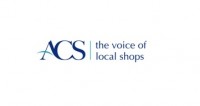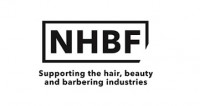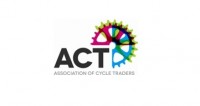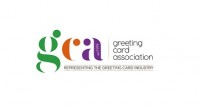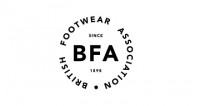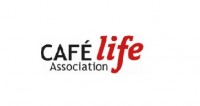Cycle Hire
C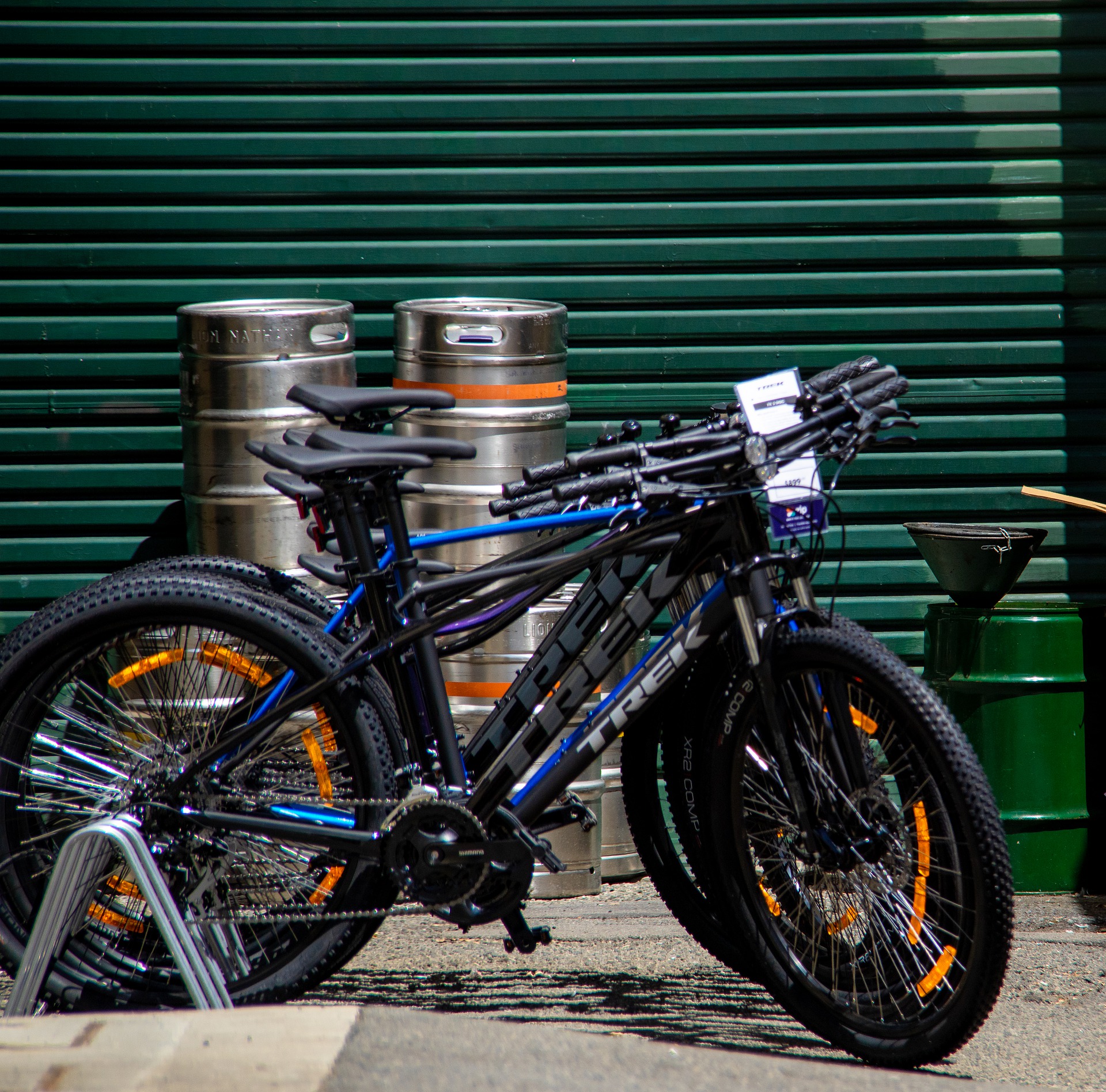 ycle hire, do you see the potential?
ycle hire, do you see the potential?
Cycle hire is an excellent form of leisure activity and a great way to
explore some of the UK's most beautiful areas. It is also represents a
profitable business proposition that is often overlooked by many in the
bike trade who see it as the poor relation to retail, conjuring up
images of businesses run by amateurs catering for parties of marauding
school children and desperate families through wet summers and cold
winters.
With that in mind consider this formula which successful cycle hire operators base their businesses upon.
First get a good deal from your bike supplier. At the right time of year
most suppliers are keen to clear old stocks to make way for the new
season, which means a smart hire operator can get good bikes at good
prices. Alternatively don't be afraid to go for "seconds". A scratch
here and there or a mismatched paint job can mean there's a deal to be
done and most customers hiring bikes won't even notice.
So, lets say the cycle hire operator buys the bike for £100. Now they
rent that bike for the summer season - usually 10-12 weeks - for
approximately £100 a week. By the end of the summer that single bike
will have generated at least £1000 worth of hi re sales. Now at the end
of the summer season and in the run up to Christmas the hire operator
sells the bike for approximately £125.
Depending upon the level of bikes hired this formula may alter,
especially if offering higher quality bikes such as MTB for demo's and
test rides etc. However the basic principle is the same and the hire
operator will know how many hires will be required for each bike to
cover overall business costs. Changing the hire fleet for new each year
and selling on hire models is the best way to keep things fresh, and
retain a good reputation for quality cycle hire.
This formula is used by hire operators in many other industries from
cars to DIY, with profit margins on cycle hire between 60 - 70%. Still
think they're a bunch of amateurs?
Nigel Wiggett has been running the 400 bike Bridge Bike Hire on the
Camel Trail in Cornwall for over 20 years and recalls the first time he
explained the cycle hire formula to his accountant, "I remember going
through it several times because he didn't believe it could be so
simple, I think he was expecting there to be a catch. After going over
th e numbers for a while the accountant's face broke into a big smile
and he told me I'd found the golden ticket to the chocolate factory.
I've never looked back."
Richard Nicholls from Rutland Water Cycling, one of Europe's leading
hire businesses says, "In today's competitive leisure market bike hire
represents an affordable, healthy and enjoyable activity for customers
of all types. It can be a very profitabl e business given good weather
and efficient
management."
Clearly cycle hire does require access to the right location so it can't
work for everyone, and there's no guarantee the great British weather
will be on your side either. But with cycling gaining greater promotion
and the Sustrans Network expanding, plus rights of way access increasing
with better investment from various stake holders including local
councils, forestry commission and land owners, there is genuine
potential for new and existing businesses to develop cycle hire
operations.
So where do you start if you want to exploit the potential of cycle hire and what are some of the challenges you'll face?
Location, Location, Location!
Trails, bridleways, tow-paths, forest parks and lakes are just some of
the ideal locations for cycle hire. These routes are off-road and tend
to be already in use as leisure destinations for families, tourists,
local residents and school parties. All of whom have the potential to be
profitable cycle hire customers. A call into your local council should b
e the first port of call to assess what if any potential a location may
have for cycle hire. And don't forget that many recently developed areas
advertise for cycle hire operators. A note of caution however, some
hire businesses may have to pay a levy for each bike hired so make sure
you know what's expected upfront.
Ideally cycle hire locations should offer routes which can meet the
needs of customers, mainly families, without being too taxing whilst
providing additional facilities such as cafe and toilets. Clearly many
locations do offer opportunities to cater for enthusiasts which mean
hire businesses have further opportunities to develop if they wish.
Rutland Water Cycling is a great example of this approach, developing a
reputation as an MTB test centre alongside its existing family
orientated hire business.
Circular routes can often be the most profitable because the hire
operator can charge an hourly rate rather than a full day rate. Charging
say £5 per hour can generate a lot more income than £10 a day. Plus
circular routes with an hourly rate offer more flexibility for customers
and are easier to navigate, requiring less investment in maps and
directions from the hire operator.
Premises
Proper storage is essential which means finding adequate premises can be
difficult. A new hire operator may wish to consider either going mobile
or renting premises, which will help to reduce overheads and retain
flexibility. A mobile hire pitch can work well although will need to
look professional to ensure customer confidence and it will increase
demands on storage. Hire premises should offer facilities for customers
as well as good storage space, especially if located on site where
security will also be another important consideration for you and your
customers. Hire premises in remote locations can prove tempting for bike
thieves so they will require adequate security and insurance.
Insurance
This is one of the biggest challenges facing hire operators. Most hire
operators find it difficult to get insurance against theft so the key
considerations will be stock and liability cover. An IBD moving into
cycle hire may have an easier time arranging insurance via their
existing provider who may be able to extend their cover. The first port
of call should be specialist brokers Butterworth Spengler (0151 494
4400), however shopping around will almost certainly be required to
assess the options.
Bikes
The type of bikes to hire will obviously be based upon your location and
the trails your customers will be using. Ideally bikes and accessories
should be new, which generally means they will require less maintenance
and fewer parts over the hire season. Experience has also shown
customers tend to treat newer items with more care.
Ideally the hire fleet should include a good mix of sizes and genders
with comfort being the priority. Catering for a family market also means
offering child seats, buggies, trailers and tandems to ensure everyone
enjoys their day out. If you are offering demo bikes then there will be a
greater investment in higher end models to meet demand, and this should
be offset with increased hire rates.
Maintenance is essential to a good hire fleet and will represent one of
the biggest costs to the business. Investing in good models and Cytech
trained mechanics working to standard procedures will help reduce these
overheads.
Seasonality
Weather permitting the busiest hire periods will be Bank Holidays, dry
weekends from Easter through to September and school holidays. However,
depending upon location and business management hire does not have to be
seasonal. Clearly weather will have an impact upon any hire operator,
however good business can last all year round. In the "shoulder period" -
Spring and Autumn, either side of Summer - many hire businesses cater
for sch
ools. During the quieter winter months hire operators will expect to see
more local users and specialist groups. All of these groups represent
potential opportunities to preserve business outside of the peak summer
season.
Sales can also be important income generators for hire operators,
especially if offering a test or demo service. Richard Nicholls from
Rutland Water Cycling says, "New cycle and accessory sales are vital
revenue streams for our business. Cycle sales are accentuated by a
customer's ability to ride a hire bike first, and our demo range is
there specifically for this purpose."
A hire business can retain a lot of seasonal flexibility, and some may
even close during the winter months. The seasonality of the business
also means more flexibility with staff, allowing hire operators to
retain a low number of full time staff and bring in flexible resources
at peak times.
Administration
Deposits are a fundamental part of running a good hire business and
today that means using plastic. Taking credit or debit card details is
the best form of ID and ensures your cycle hire customer returns the
bike, and looks after it whilst using it. By using a credit or debit
card as a means of deposit the hire operator can then be in control of
exactly how much money can be used to cover theft or damages. This form
of deposit is now commonplace and legitimate customers should have
nothing to fear by using this method.
To ensure efficiency and professionalism operators should also use
standard Hire Agreements for processing each cycle hire transaction.
These agreements do not have to be onerous but they help ensure both
parties know their responsibilities and have a clear record of the hire
transaction covering make and model of the bike hired, the hire
period and deposit.
ActSmart sells hire agreements with customer duplicates which have
received full legal approval. Contact ActSmart to receive a sample copy.
Larger hire businesses may wish to invest in computerized systems to
increase efficiency.
Standard procedures should be adopted for each hire, ensuring staff
brief customers on the use and set-up of bikes and the routes to be
taken. Retaining proper maintenance records for each hire bike is also
essential, ensuring that they are checked for faults after each hire.
Numbering cycles is an efficient way of handling maintenance, hiring and
end of season sales.
Guides, maps and brochures
Your location will determine what maps or guides you need to make
available to your customers. The more complex the route the greater the
need for investment in clear maps or route guides. Any investment you
make can be offset by selling maps and guides to hire customers. Ideally
the hire operator should provide useful information on the local area
in any literature provided, which is both a useful marketing tool and
ensures a more enjoyable trip for customers. Lots of pictures and local
information are always appreciated in hire maps or guides, the cost of
which can be shared by any other local businesses benefiting from the
extra promotion.
Remember that cycle hire is just like any other business, it needs good
management, the right people and promotion to really make it work.
Can you see the potential?
For some cycle hire may not inspire the same passion as retail but its
potential certainly makes it commercially appealing. In fact there's so
much potential one article couldn't hope to include it all! Hire and
retail don't have to be exclusive and can in fact work well as an
extension of the other, creating new income opportunities and
value-added services for existing customers and those you never knew you
had. If you've got the location then its worth exploring the potential,
before someone else does.
Cycle Hire Guidelines
The hiring of bicycles in resorts and beauty spots can be a profitable source of income to cycle retailers.
These notes are designed to assist dealers who are considering the venture and who wish to know some of the pitfalls that exist.
Demand/Storage
Is the demand purely seasonal, or will it be all year? In some areas,
demand is much heavier than others, with holiday resorts likely to enjoy
good business throughout the summer season, but reduced inthe winter
months. The retailer has to consider where the machines and equipment
will be stored in the off-season. It could be that if new machines are
used and sufficient hire charges made to cover the costs, then these
could be serviced and sold off as second hand at the end of the period. A
good turn round of stock will be achieved and a good hire rate demanded
for the latest models on hire.
New or old?
Some retailers think that a batch of good second hands will suffice -
and so they will if they are good quality and properly maintained - but
you cannot ch arge top dollar for them and they will not appeal to the
younger riders. More progressive retailers know that the newest machines
will attract higher fees and may even lead to a sale if the customer is
really taken with the one he is riding. It is important that we all
introduce new people to the pleasures of cycling and an enjoyable ride
on a good hire bike is a vital part of that process.
Identification
There is no doubt that clear ID is important on the bike to not only aid
recovery of lost or stolen machines, but also to act as a mobile
advertisement for the company. Coloured decals or bright tape, anything
that is not easy to remove is ideal. The identity can be removed before
selling on and a note of the frame number will serve as proof that the
cycle has been sold and not stolen. Check with other dealers who are
hiring so that you don't all have similar marking, plus notify the
police of what you are doing.
Maintenance
It is vital that each machine is properly safety checked before each
re-hire - the Cycle Hire Manual contains all the best practice
guidance and adherence to the CTC Cycle Hire Code is also a must.
Ancillary equipment
Helmets should always be offered to the riders, together with advice on
fitting if they are inexperienced cyclists and should be disinfected
between each hiring. Tag alongs and child trailers can be offered, but a
training area will be required to show cyclists how to manoeuvre in
safety.
Insurance
It is essential that you take out specialised cycle hire insurance,
particularly in these days of increasing litigation. The most cost
effective insurance will be obtained as an extension to your existing
trade policy; stand alones are obtainable, but very expensive. The
customised ActSmart shop policy with CycleSure does contain a
provision for cycle hire, as well as many other exclusive features:
www.cycleshopinsurance.co.uk or Tel: 0151 494 4400.
Deposits
Always charge a good deposit, refundable if the machine is returned in
accordance to your terms and conditions. It can be taken as a credit
card swipe, or as a cheque backed up by a cheque card. Daily rates must
be arrived at taking in to account the value of the machine, the length
of hire and anyaccessories taken. The cycle should always be checked
over in the presence of the hirer and all accessories noted, plus any
existing damage such as large scratches or dents. It is sensible to
provide a padlock and chain and make it a condition of hire that the
cycles are locked if they are left at any time.
Administration
It is important to keep the cycle well identified and a log kept of any
damage and how it occurred. Be prepared to deduct a charge for further
damage from the deposit that is one reason why it is imposed. ACT has a
simple hire document in the stationery range, but a computerised system
is the best method for integrated data. Make the return time a condition
of the hire; otherwise you could be hanging around half the evening
waiting for a return to arrive.
Guides/maps
Always worth giving away simple maps showing local rides of specified
length, plus offering more sophisticated maps for sale to the more
experienced riders. Point out any local places of interest, plus names
of any friendly pubs or cafes who welcome cyclists.
Cycle Hire Operations Manual
Foreword
ACT is committed to the safe enjoyment of cycling, both on the roads and on dedicated cycle routes, such as those set up by Sustrans and Byways. We have an active programme to help our members to maintain and develop standards of professionalism and expertise, both in the workshop and in the customer facing roles. Our Cytech accreditation programme has become the industry benchmark for technical competence and won a Government National Training Award when it was first set up in 1995.
ACT has developed this Guide to Cycle Hire in order to assist hire centres to comply with all the relevant
current legislation, including Health & Safety requirements and the regulations regarding cycle use on
the roads.
How this guide can help you
This guide has been compiled to help hire operators to promote the safe enjoyment of UK cycle paths and country roads, by members of the public. It promotes good practice garnered from the existing methods used by experienced operators already working in this sector hiring and selling cycles. The guide is flexible and most appropriate for businesses which have a hire fleet in excess of 50 cycles, but can be easily adapted for use by the smaller operator. We recognise that every business is unique, but this guide offers suggestions which are common to all businesses, large and small, but should not be considered a replacement for the need to comply to all Health & Safety regulations and local bye-laws.
It is vital that each operator must be responsible for deciding what information, briefing and training should be provided to the hirer and when it should be provided. The UK Health & Safety Regulations, made under criminal law, places an obligation on all business to take reasonable steps to protect both customers and employees. Compliance with these requirements in any handover procedure can provide documented evidence that these requirements are being satisfied, plus the customers' entitlement to protection under consumer law and duty of care under common law.
Basically, the hirer is responsible for taking reasonable steps to ensure that the customers are provided with the right type of equipment for their needs and ensuring they can use it correctly. A checklist to show that every cycle has been mechanically examined before it goes out, plus a log of training, advice or information given, will generate a visible audit trail. This will be invaluable in resolving any issue of customer satisfaction which may arise, or an incident involving accident or damage to hirers or third parties.
This guide contains suggestions and examples to help the operator develop their own handover system which is most appropriate for their business. However you decided to proceed, an effective, properly managed handover will raise customer satisfaction, keep the riders and the cycles safe and reduce the number of call outs or recovery operations. The return on investment for the business is that you have happy, smiley customers who have enjoyed the experience, who are more likely return to repeat the experience and who will recommend you to their friends.
Setting up a quality assured handover procedure
Step 1: Assessing the customer
The owner of the cycle hire centre should assess the suitability of staff to carry out cycle hire handovers. It is most important that the staff member is able to correctly assess the skills of the hirer in relation to the type of equipment he or she wishes to hire and is able to offer appropriate advice and assistance where necessary. A simple method of quality assurance is for a qualified member of staff to become ‘mentor' to those undergoing training and for the owner or senior manager to oversee the mentors work. Random checks can be carried out during training in progress.
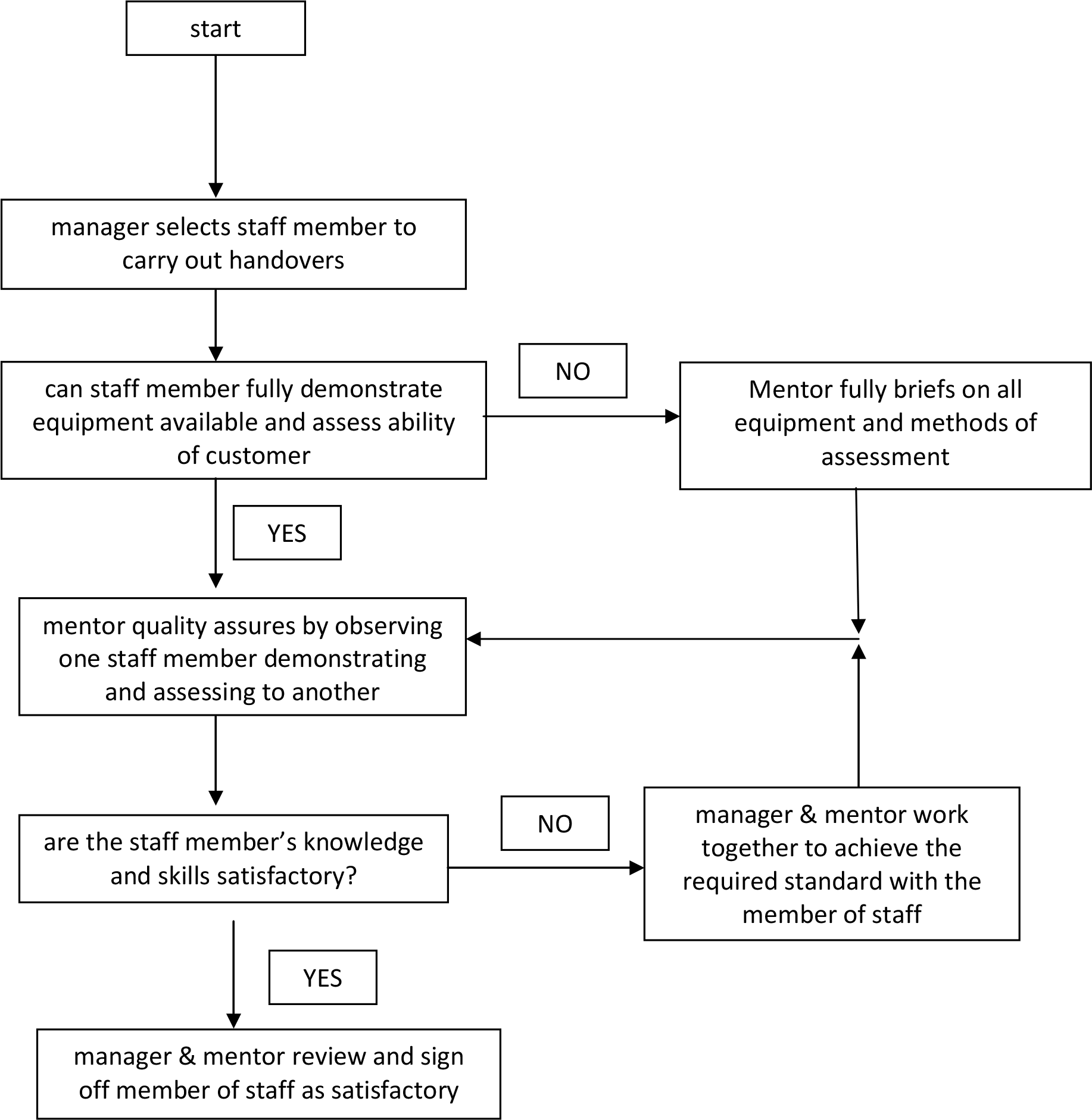
At the start of a new hire season, it is important that all members of staff are fully trained in the use of any new equipment. A demonstration should be given by management and steps taken to ensure that all staff are fully briefed. If there are local changes to roads or paths, i.e. introduction of shared use, etc, then again, all staff should be fully briefed in order to advise customers accordingly. Any maps or instructions should reflect these changes. Updating staff should be part of the annual pre-season preparations and should form part of the manager/mentor sign off procedure.
Step 2: Processing the hirers
The final stage of the handover procedure is to brief all staff on the way that the company wants the customers to be processed from the time of arrival to riding away. The most important element is the quality audit trail as this provides evidence that a quality handover process has been carried out - keep a record of all the stages and get it signed for.
Some information will be known in advance from pre-booking forms and one person should be responsible for compiling a daily list of expected customers. Your customer handling process may include a standard welcome procedure, guidance to a safe parking facility and indication to customer comforts such as toilets, changing facilities, refreshments etc. This should be followed by an introduction to the handover staff, selection of the equipment plus administration duties such as contracts, return times, etc.
Basic procedures can be based as follows:
| Action | Responsibility | Audit trial |
|---|
Customers arrives on site,
welcome procedure initiated |
Reception or
admin staff |
Time of arrival and number in
party logged |
Pre booking details checked,
parents or guardians of children
identified |
Admin |
Log any new requirements |
Verify equipment required, take
deposit and payment. Give maps
and any general information
required |
Admin |
Log and pass to handover staff |
Ascertain party leader and brief as
necessary. Assess ability of party
and offer training and advice as
necessary |
Handover staff |
Log safety checklist |
Accompany party to training area
and remain until satisfied of safety |
Handover staff |
Log any training given |
|
Handover completed. Return time
established
|
Handover staff |
Log agreed times |
The ultimate decision is whether or not the handover staff are satisfied with the hire party's ability to use the hire equipment safely and in a satisfactory manner. Where the handover staff are not satisfied, management intervention may be required to agree an appropriate course of action.
Whatever decision is taken, it is vital to make appropriate entries in the log to maintain the quality audit trail.
Step 3: Providing information
What information should the hire operator provide and when should it be provided? Some of the larger centres may use a booking agent and it is vital to ensure that any details given out by a third party on your behalf are 100% accurate. Direct pre-bookings that require confirmation must also be accurate and it the vital audit trail starts with the logged details of this confirmation. Information is bound to change from time to time and it is an important part of quality control that these changes are reflected in all your publications and paperwork. Leaflets, posters, booklets and videos must be monitored and updated on a regular basis; mistakes can be costly if an offence is committed under the Trades Description Act or the Sale of Goods and Services Act.
It is also important for operators to use their local knowledge to decide what pre-hiring information would be of most benefit to the potential hirer - the main objective being to ensure that hirers have sufficient information to maximise an enjoyable and safe experience.
Typical Information Flow Chart
| Action | Outcome | Responsibility | Audit Trial |
|---|
| Brochure request |
Brochure sent with terms &
conditions, plus booking form
to named individual |
Admin |
Entry on log or
database |
| Advance booking |
Booking form completed and
returned |
Admin |
Forms filed and logged |
Booking
confirmed |
Booker receives
confirmation, receipt for any
payment and pre-hiring
information |
Admin |
All enclosures logged |
Party arrives at
hire centre |
Welcome procedure and
information on site |
Admin and handover
staff |
All payments, advice
and training logged |
Hire party leaves
on trip |
Handover completed |
Handover staff |
Logged off |
Step 4: Handback procedure
The handback procedure is not simply a reverse of the handover. A typical process would be as follows
| Action | Responsbility | Audit Trail |
|---|
Customer party arrives back
on site. |
Reception / admin |
Log time of arrival and number in
party |
Bikes and equipment received
and checked |
Handover staff |
Log damage or missing equipment |
Equipment returned to
workshop |
Handover staff
mechanics |
Logged, checked for damage, cleaned
and returned to pool |
| Bikes returned to workshop |
Handover staff
mechanics |
Logged and safety checked.
checklist made ready for next hire |
Party leader makes any
payment adjustment |
Admin |
Log details, issue receipt |
| Deposit returned |
Admin |
Log details & signature |
Party given feed back forms
and asked to complete |
Admin |
Comments logged and filed |
| Queries or complaints |
Admin / manager |
Complaints logged and filed |
| Information brochures, etc |
Admin |
|
Step 5: Sample documentation
It may be useful to consider some sample forms and documents used by some members to inform customers and contribute to the quality audit trail.
These samples have been created exclusively for this guide based on comparison documents currently in use. The 'composite' form of these documents can be adapted and customised to suit your own business needs.
- terms and conditions of hire
Please refer to the appendix for sample documents
Step 6: Disabled Cyclists
Not all centres can cater for less able customers, but those who do will find extra rewards when dealing with this group of people. It is important, however, to ensure that the group leader accepts full responsibility for the care and safety of all the members of his party. Extra time might need to be allocated for adjusting equipment and full assessment of the capability of disabled cyclists before allowing the hire to proceed. If there is any doubt about safety or ability, then a management decision may be required before proceeding further.
If the hire party is an organised group led by professional carers then they should be asked to sign an appropriate log entry that they take full responsibility and that they are qualified to act in the capacity of group leader. Leaders must be qualified for the job and the ratio of carers to party members will be laid down in the regulations of the organisation providing the carers.
Cycle Hire Operations Manual - Appendix
This is not an exhaustive list and should not prevent you from using
existing documents that already work well for your business. However,
these are put forward as a minimum requirement and you should ensure
that the principles covered are included somewhere in your paperwork.
1. Hire terms and conditions
These will vary considerably from business to business, but the common elements are listed below:
- Deposit and identity requirements
- Age limits and restrictions on hirers
- Cancellations and related charges
- Hire period, collection and return
- Prices and payment facilities
- Insurance cover (optional or included)
- Accidents and recovery procedure
- Hirer's unclaimed property
- Disputes and jurisdiction
2. Customer Log
This is the basic information that should be held for each customer
although more comprehensive ones can be used. This example has the bare
minimum of information that should be recorded to satisfy the handover
quality audit trail.
- Full name & address of main hirer or group leader
- Full names of all members in hire party
- Address of local holiday accommodation
- Details of ancillary equipment
- Age details of any minors in party
- Details of parent or guardian of any minors, plus signature to say
that they take full responsibility for the safety of all minors (under
eighteens)
- Details of training / advice
- Returns procedure and refund of deposit
3. Riding Manual (optional)
This should be a user guide and reference manual that will inform the
hirer and help them deal with any problems that may arise during their
trip. A good manual will enhance the experience and increase safety
whilst reducing the level of support that you and your staff will have
to offer. It can be part of the hire equipment and returned to you at
the end of the trip to reduce costs. In effect it will be the first line
support mechanism for your customers once theyhave left your premises.
The manual is an ideal method of delivering information about local
attractions, pubs and cafes as well as practical information about what
to do in case of minor mechanical difficulties and safety guidelines.
The core information probably need not change much from season to
season, but sections which will be subject to change can be arranged so
that minimal reprint runs will be required.
Section 1 Welcome to the (area) cycling experience
We hope that you enjoy your cycling trip, we have done our best to
prepare your cycle thoroughly for you and trust that everything is as
you would wish. However experienced you are as a cyclist, it is likely
that there will be some unfamiliar features at some point so please
prepare yourself by reading through the manual. If you have not been
cycling before, or are returning to cycling after a long break, you have
been through our handover procedure and hopefully all your questions
have been answered before you set out.
Our top priority is that you enjoy yourself, so please take heed of the
advice that we gave you and pay attention to any notices or signs that
you come across on your journey. Please pay strict attention to the
Countryside Code whenever you leave the main highway, particularly with
regard to closing gates and respecting any warning notices. If you
discover any really good places of interest
(or comfort) on your travels, perhaps you would make a note for us and we will share your information with
future hirers.
Finally, .............. and ................. ....................., the
owners of ......................... Hire Centre sincerely hope that
you thoroughly enjoy your day and come back feeling refreshed and invigorated.
We look forward to welcoming you again in the future.
4. Bicycle riding
All the safety tips and hints plus local knowledge like steep hills or
stretches of road where cars are likely to be speeding. Warnings about
exceptionally rough pieces of carriageway that may damage the cycle or
places simply to be avoided would be useful. Towpaths or other places
that require a licence should be highlighted.
We recommend that you wear a cycle helmet at all times when riding. Do
not ride if you have been drinking or taking medication that may make
you drowsy. The cycle should not be ridden after dark or in bad light as
it is not equipped with complying equipment.
In case of emergency please phone ........................................ for assistance
Tips on how to use emergency kit issued to group leader, for punctures
etc, instructions on when to phone for assistance and recovery.
If you are unlucky enough to suffer an accident, stop and assess the
situation before you do anything. Deal with any personal injuries first,
then exchange names and addresses with anyone else involved. Make a
brief note if possible and take photographs if feasible. Do not admit
liability and report to us as soon as you can on
........................................................
5. Quality feedback form
Thank you for choosing ............................................ for
your cycle hire. We hope that you have enjoyed the experience and we
would like you to tell us about it by filling in this short
questionnaire. We will use this feedback to help maintain the high
standards which we know are important to you.
Cycle model:
Date of hire:
| Your | Poor | Satisfactory | Good
|
Safety
|
|
|
|
Comfort
|
|
|
|
Instructions received
|
|
|
|
Advice given
|
|
|
|
Staff attitude
|
|
|
|
Information given
|
|
|
|
Any addition comments you would like to make:
Thank you and we look forward to seeing you again.
 ycle hire, do you see the potential?
ycle hire, do you see the potential?



